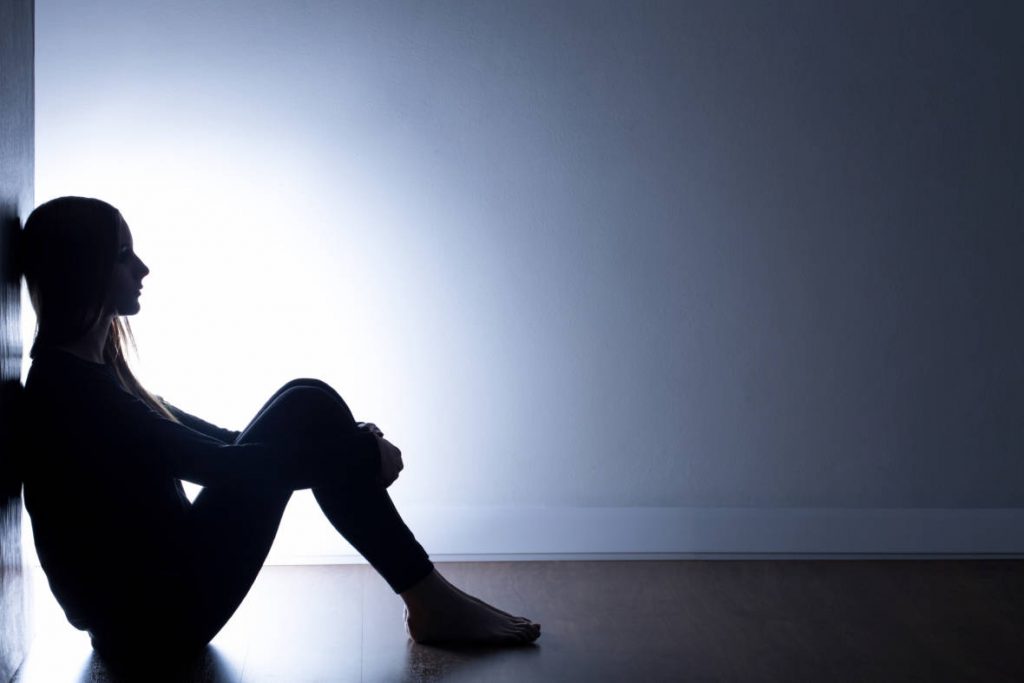What Caused My Depression?
 Have you ever been confused about what the source of your depression symptoms is? If so, you are not alone.
Have you ever been confused about what the source of your depression symptoms is? If so, you are not alone.
A research project done in the United Kingdom studied 465 adolescent participants with diagnosed mild to severe depression. From the interviews with the participants, the researchers identified that the adolescents had three common beliefs about how their depression developed:
- One group was totally bewildered about how their depression happened. To them, it seemed as if their symptoms had just one day come out of nowhere.
- Another group thought their symptoms had started after a stressful experience, such as being rejected or bullied, witnessing violence in their families, or being ignored by their parents. The most common stressful situation mentioned by these adolescents was feeling pressured to do super well in school, and the researchers noted that there haven’t been enough studies done about this kind of stress—mostly researchers have studied stressful events like divorce or the death of a parent.
- The last group felt the depression came from something inside them, and they blamed themselves for their depression symptoms.
The researchers concluded that teens’ beliefs influence how they seek help for and participate in treatment to support their mental health. How did they draw this conclusion?
- If you’re totally bewildered about your depression, you might not be allowing yourself to think about it at all, so you might not ask for help.
- If you feel like the depression is because of a stressful experience and you are still going through that stress—like difficult schoolwork—you might think that there’s nothing that will help unless you get out of that situation, so you may not ask for help.
- If you feel like your depression is something you caused, you might feel guilty or embarrassed about getting help—and you might not even ask.
Some things to learn from this study:
- It’s normal to feel guilty when you are depressed, because guilt and shame can be symptoms of depression—and if you get help, those feelings should diminish or go away.
- Even if you are in a stressful situation, getting treatment can help you cope with that situation better!
To read more about these issues, see our articles about feeling guilty and about keeping up with academics.
Which of the three groups of participants do you relate to? What kinds of internal obstacles have you ever felt when you’ve thought about asking for help with mental health challenges? Share with us in the comments!




Recent Comments